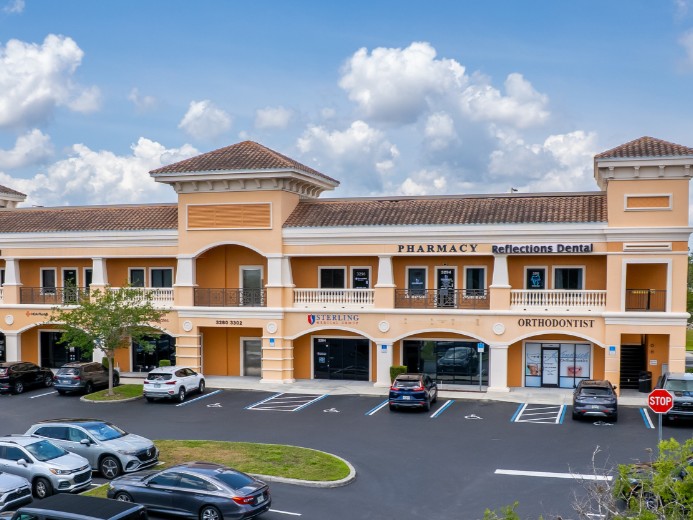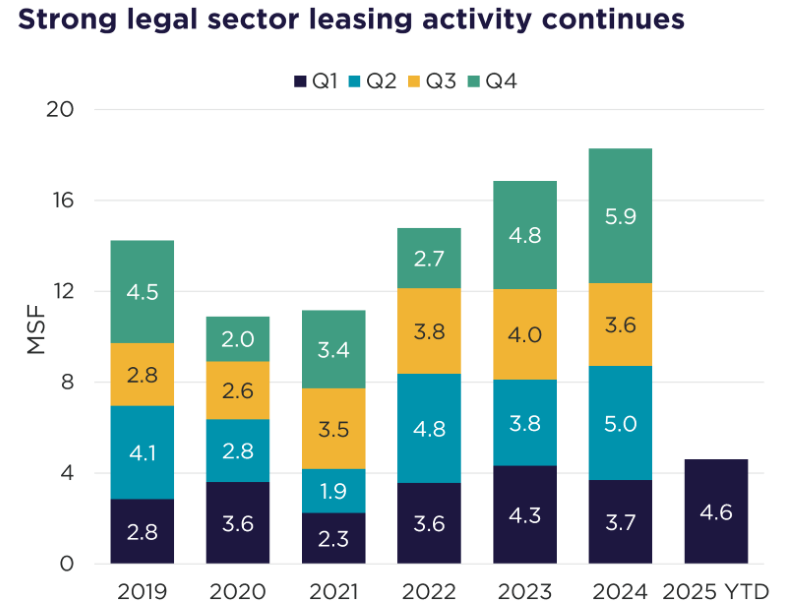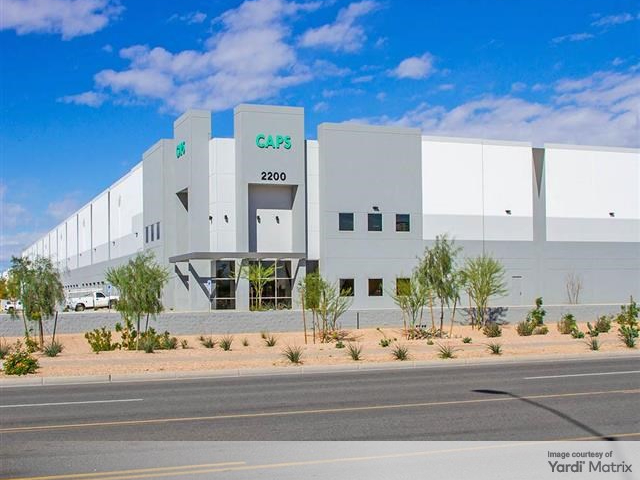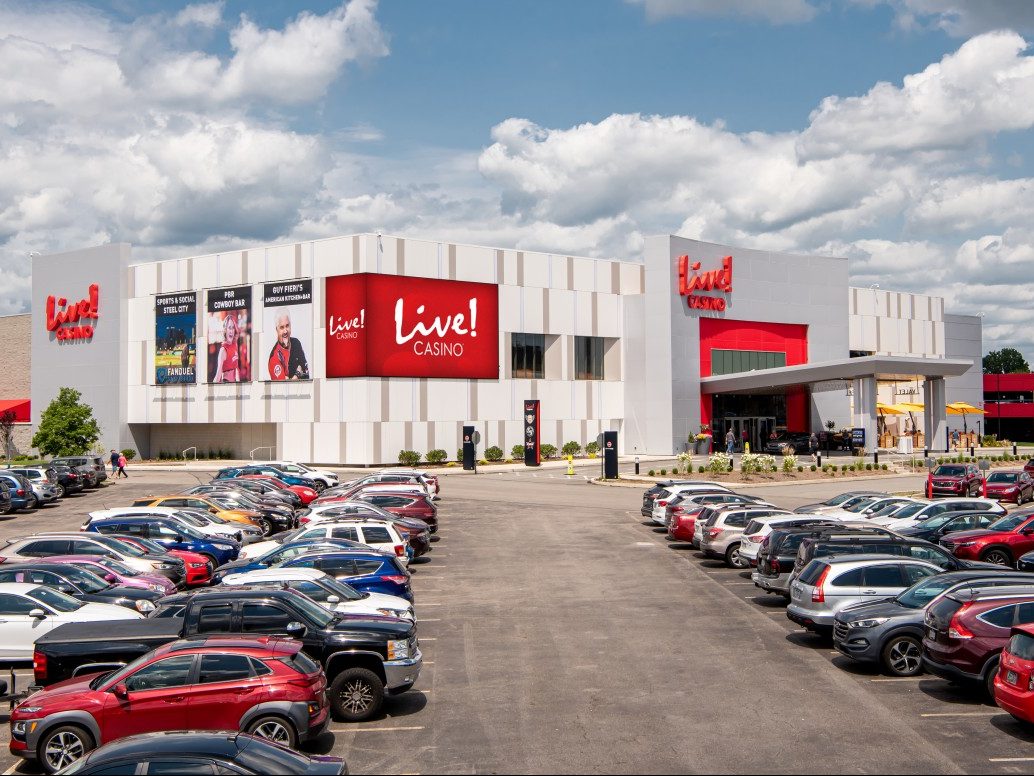Aggressive Investors Push Net-Lease Cap Rates to Record Lows
By Randy Blankstein, President, The Boulder Group: Cap rates in the first quarter of 2015 for the single-tenant, net-lease retail sector reached a new historic low.
By Randy Blankstein, President, The Boulder Group
Cap rates in the first quarter of 2015 for the single-tenant, net-lease retail sector reached a new historic low of 6.40 percent. After holding steady for three straight quarters, cap rates for net lease retail properties declined by 10 basis points. During this period, cap rates for the net lease industrial sector compressed by 33 basis points to 7.70 percent, while net lease office cap rates rose slightly to 7.35 percent. Retail assets continue to command the lowest cap rates in the net lease sector due to private and 1031 investor’s demand for this asset class. Private and 1031 investors prefer retail over office and industrial due to their familiarity with the tenants, typical long initial lease terms, passive triple net lease structures and lower price points. Industrial assets have gained favor among investors recently as illustrated by the 33 basis point cap rate decline in the first quarter. Investors have a renewed faith in the industrial segment as the industrial market continues to show positive absorption, escalating rental rates and an increase in construction nationwide.
Retail assets remain at the forefront of investor demand in the net-lease sector. The 1031 exchange investor will continue to dominate the net-lease market as he or she can pay a premium over institutions due to their tax consequences and lower personal return thresholds. Additionally, as apartment owners take advantage of record pricing in the multi-family sector, new net lease investors have emerged. Retirees looking to leave the management intensive nature of multi-family have become increasingly more active in the net-lease sector due to the passive nature of these investments. The increasing pool of capital from first-time net lease investors has created strong competition amongst buyers for net-lease assets leading to the decrease in cap rates seen in the retail and industrial sectors.
As limited opportunities exist for long-term leased properties to investment grade tenants when compared to the investor demand, these assets are commanding the highest prices. Recently constructed Walgreens, CVS and Family Dollar properties experienced cap rate compression of 25, 12 and 25 basis points respectively in the first quarter.
The net-lease market should remain active throughout 2015 as equity continues to enter the CRE sector. Investors will be carefully monitoring the capital markets for potential rises in interest rates and subsequent softening in asset pricing. Sellers will continue to aggressively price assets in attempt to achieve favorable cap rates in sale transactions; however the expectation is that cap rates should remain relatively stable in the upcoming quarters.
Randy Blankstein is President of net lease advisory firm The Boulder Group. https://bouldergroup.com/







You must be logged in to post a comment.